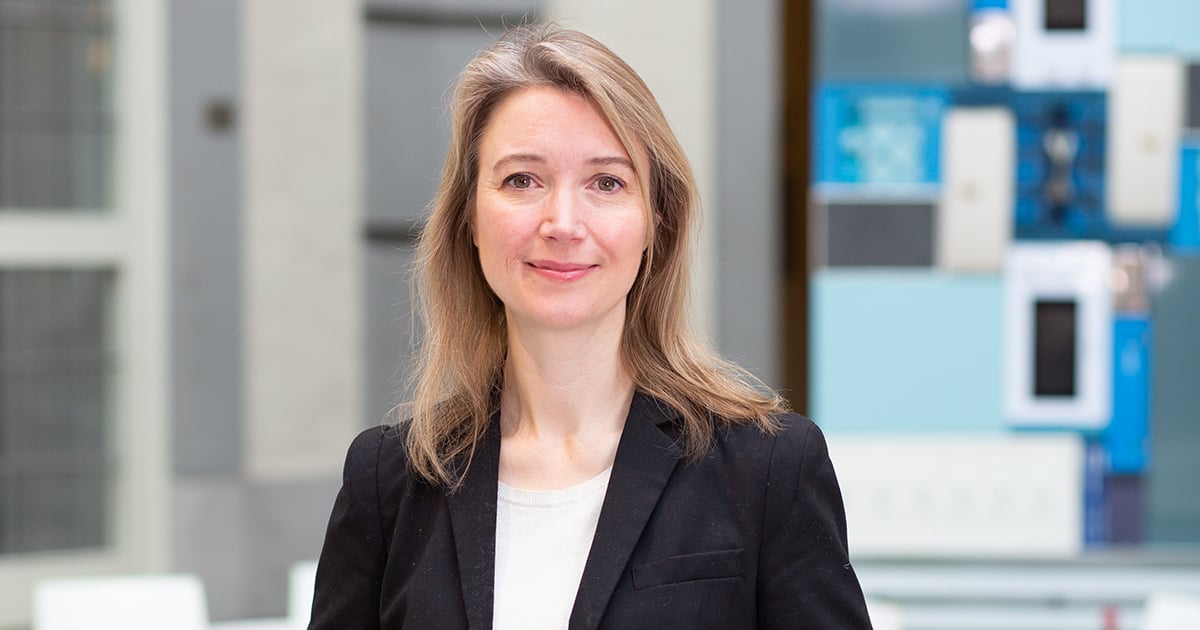
“RESEARCHERS CONTEND THAT FUTURE COMPETITION WON´T BE BETWEEN INDIVIDUAL COMPANIES BUT BETWEEN VARIOUS ECOSYSTEMS.”
What is an ecosystem?
"Stakeholders within an ecosystem partner with each other and contribute with their various strengths. Organizations have always had to adapt to change, but today, the environment changes very rapidly, and the changes are more extensive and far-reaching than before. Thus, organizations find it increasingly difficult to keep up. They might lack resources, time, and knowledge – as well as sufficient innovative capacity to find new solutions on their own. Consequently, being part of an ecosystem becomes attractive."
Why is it beneficial to be part of an ecosystem?
"Organizations can get access to new information, technologies, and resources that they would not otherwise come into contact with. This, in turn, boosts innovation and competitiveness. Researchers contend that future competition won’t be between individual companies but between various ecosystems."
Are there any common challenges in ecosystems?
"One of the most common challenges is that ecosystem thinking requires a new mindset. Instead of seeing your organization as a lone player that competes with others in the industry or sector, you need to see it as part of a team, a team player that collaborates with organizations from different sectors. Also, as an ecosystem member you cannot put yourself first; you need to focus on how you could contribute to the others, and co-create and collaborate with them."
What will future organizations, processes and procedures look like?
"We’ll see big changes in work methods, varying workplace constellations, more virtual meetings, fewer business trips, and greater flexibility regarding how, when, and where work is done. We’ll rethink what work and organizations mean to us, and see an increased interest in creating flexible organizations with decentralized decision-making and temporary teams. At the same time, the increasing degree of change and complexity – internally and externally – will make it even more important for organizations to be part of ecosystems – to keep up and be able to invent new, competitive solutions and ideas.
Tips from Frida for organizations that want to be part of an ecosystem
Ask yourself three questions before you start:
- What kind of ecosystem do you want to be part of?
- Do you want to become a member of an existing ecosystem or create your own?
- What can you contribute to the ecosystem?
The last point is central – ecosystems are about giving and about co-creating.
Do you want to learn more?
Then you should join our online program Leading Transformative Organizations, a program in Swedish that extends over five weeks.
Successful transformative organizations work consistently with five areas that leverage to develop their business. These five areas are addressed in the Leading Transformative Organizations program.


